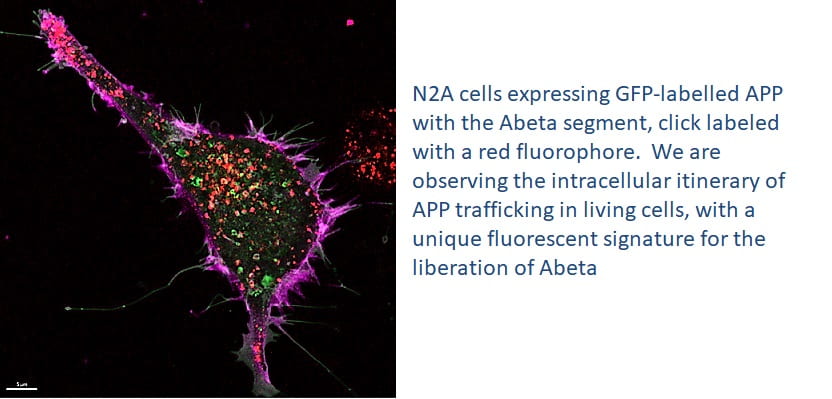Laboratory of Jin-Moo Lee
Our research investigates cellular and molecular mechanisms involved in acute and chronic brain injury, with a focus on Ischemic stroke and Alzheimer’s disease. An additional focus of the lab is neuroplasticity and brain repair after stroke. Our aim is to identify strategies and targets for mitigating brain injury and enhancing brain repair after injury. The lab utilizes cutting-edge approaches in molecular biology, mouse genetics, neuroimaging (microscopic and mesoscopic), advanced image analysis (data-driven and machine learning approaches), advanced statistical approaches, and genomics. A unique aspect of the Lee lab is its bi-directional approach to translational research—taking advantage of both traditional forward-translational (bench-to-bedside) as well as reverse-translational (bedside-to-bench) approaches. Thus, the lab is facile in both human clinical studies, as well as studies utilizing cellular and animal models of disease
